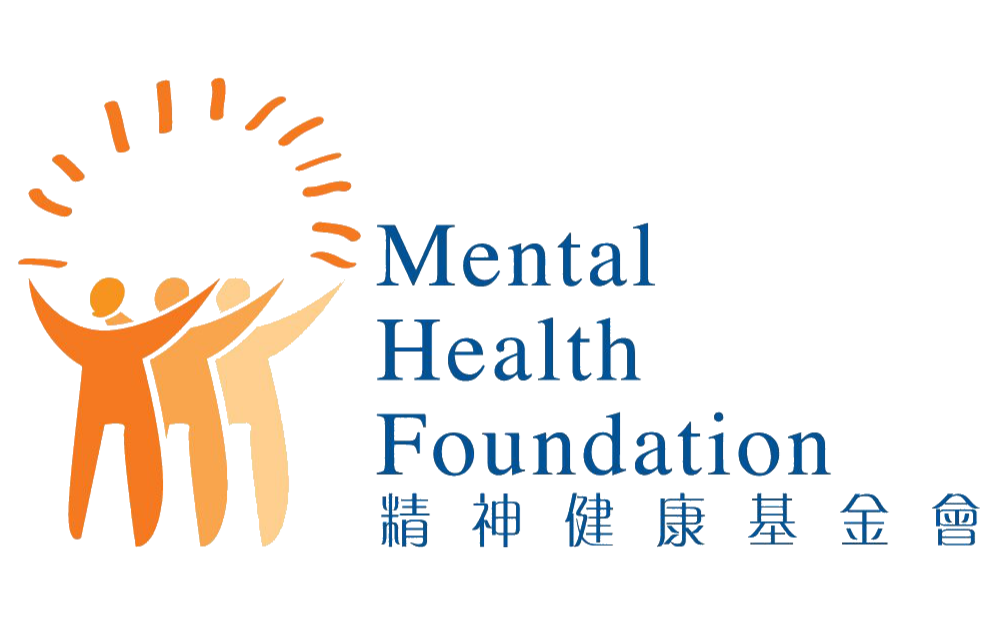Sleep hygiene habits are important, such as avoiding coffee, tea, and computer screens before bed. However, many who adhere to the above principles still cannot sleep. The more effort they put in, the further away they are from sleep. Why?
Sleep hygiene habits are about creating favorable external (environmental) and internal (body) conditions for sleep. However, some who adopt these habits can slip into a trap: pushing themselves too hard to fall asleep, leading to the reverse effect.
First of all, sleep is a physiological activity like sex. We cannot will it into existence. When we drag ourselves to sleep and worry about failing this physiological activity, we induce the exact kind of tension and anxiety that prevents us from sleeping. Think about how nature designed our brains. When the alarm in our heads blares, will we enter fight or flight, or will we doze off?
The following tips can help everyone drift to sleep at night:
The most important thing is not to force yourself to sleep. They say that “counting sheep” can help you fall asleep because it is believed that dull experiences put people to sleep. Unlike dozing off during boring lectures, when you engage in boring things intending to sleep, you are forcing yourself to sleep. In the same way, it is fine to meditate before bed to relax your body and mind, but if you meditate with the sole purpose of sleeping, you are forcing yourself again. Once you are invested in success, the alarm in your head will blare.
How should we help our brains drift to sleep at night? The best way is to get out of bed around the same time every day (including weekends and Sundays) and expose your eyes to plenty of natural light during the day. Through the eyes, the light tells the brain that it is daytime and worktime; similarly, a dim environment tells the brain it is night and time to rest. Our organs like to follow the rhythm of nature, especially the dance of the Sun and Moon. Moreover, when you get up on time every morning, your brain will realize when to sleep, securing enough sleep time for you. (for details on sleep schedules, read my other article The guide to good sleeping habits)
Having said that you should not force yourself to fall asleep, how do you let yourself slide into sleep? First of all, don’t demand that you should or must fall asleep as soon as you get on your bed. You can relax on a comfy chair or sofa. Enjoy yourself a little. For example, listen to podcasts or audiobooks that you don’t have time for during the day. Then, when you feel like drifting off to sleep, you can climb into bed.
There’s no need to be “combat-ready” every night to prepare for sleep. Rather relax and do what you like, such as some calisthenics synced with relaxing music, or some light reading under the soft yellow lamp. Naturally, your anxiety about sleep fades and relaxation ensues. Even if you sometimes take longer to fall asleep, you know the duration is normal and won’t bring forth any disasters. Going to bed is no longer a challenge or a war. Sleep becomes your friend once again.
Acknowledgements:
Supported by: Jebsen Group Charity Foundation support
Author: Dr. William CHUI Wing Ho (Psychiatry Specialist)
Translator: Cheuk Long CHAN


